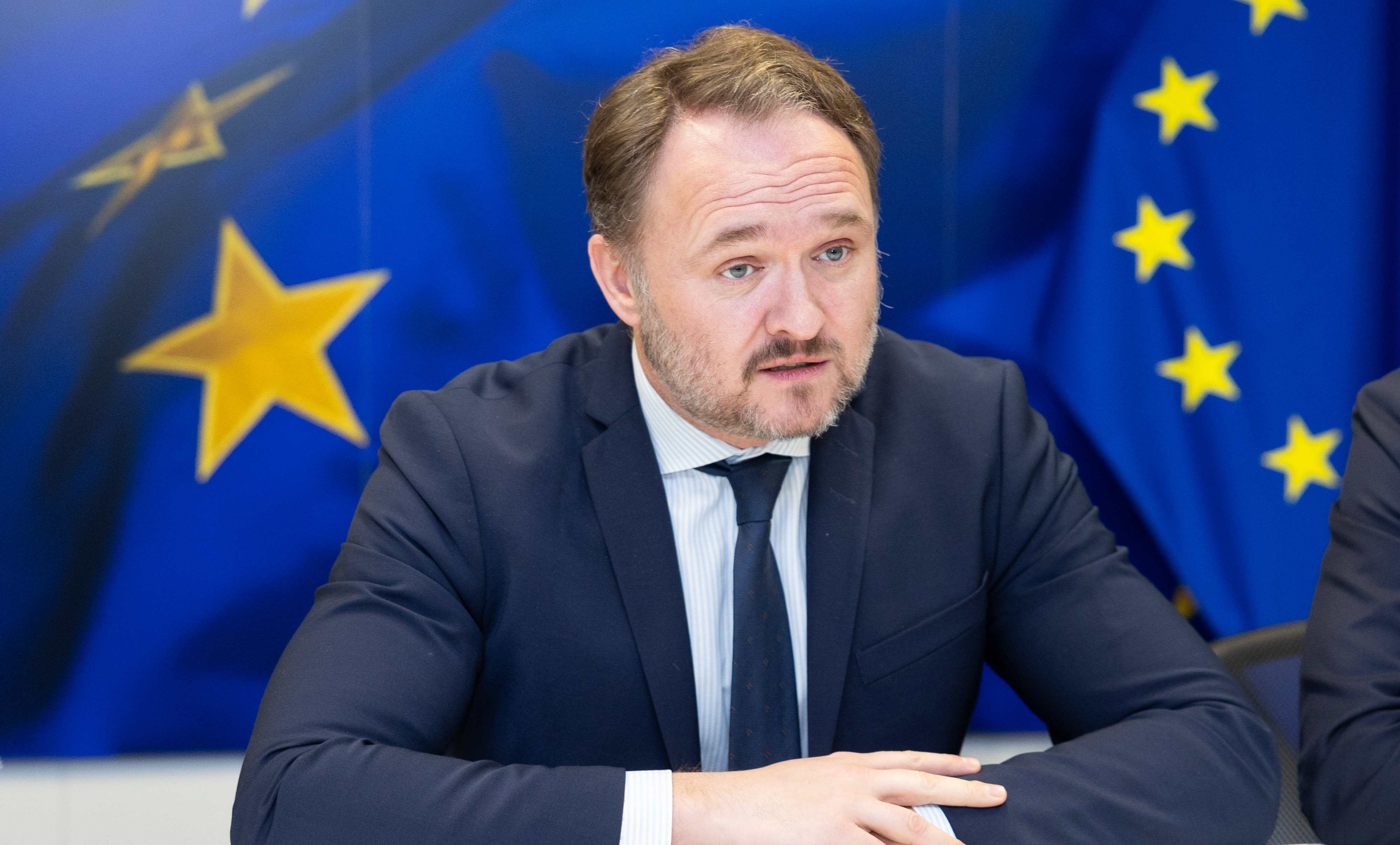The EU commissioner for energy has dubbed the Great Sea Interconnector (GSI) a project of “the utmost strategic significance” for Europe, according to media reports on Thursday.
In an interview with Kathimerini newspaper, European Commissioner for Energy and Housing, Dan Jorgensen, said the GSI is “of the utmost strategic significance” for EU infrastructures, as the project would enhance electricity interconnections, facilitating the integration of renewables and helping drive down energy prices, a top priority for Brussels.
The GSI is a planned subsea electrical cable that would link the power grids of Greece and Cyprus, initially, and then the power grids of Cyprus and Israel. Ultimately, the project would establish a bidirectional power link between the three countries, enhancing energy security and enabling the transfer of renewable energy.
Jorgensen went on to say that the European Commission is tangibly backing the project by pledging €657 million – via the Connecting Europe Facility – to the Greece-Cyprus section of the planned interconnector.
At the same time, the Commission is working closely with the involved countries and their respective regulators, providing “technical and institutional assistance”.
Regarding the concerns voiced in Greece and Cyprus over possible Turkish interference or sabotage, Jorgensen said the Commission is “fully committed” to the completion of the GSI.
Meanwhile on Thursday there was further corroboration of the concerns raised by the finance ministry in Cyprus.
Greece’s independent transmission system operator (Admie) had asked the Republic of Cyprus to pay a total of €125 million between 2025 and 2029 – before the interconnector goes operational, in effect helping finance the project and ensuring that Admie will have a stable income while investing in the project before the project itself turns a profit.
In the end, a solution to the matter had reportedly been reached, with the Cypriot government set to utilise funds made available to it through the European Union’s emissions trading system (ETS) to pay the required €125m.
However, Admie then warned the Cypriot authorities that this arrangement may violate the EU’s rules on state aid, and as such has asked the Cyprus energy regulator to begin charging Cypriot consumers directly.
Citing sources in the finance ministry, daily Politis reported that the ministry has sent the clear message that it will agree to no state subsidy for the GSI “without a prior institutional deal and explicit economic benefits for Cyprus”.
The same sources said the finance ministry will not acquiesce to Cyprus getting saddled with expenses concerning phases of the project in which the island had no explicit or agreed participation.
Plus, they stressed, any discussion for a potential subsidy should precede, not come after, the undertaking of expenses by third parties.
Politis said that Finance Minister Makis Keravnos has let it be known to the cabinet – but also to President Nikos Christodoulides – that he will not allow the country “to be dragged into new fiscal adventures without a clear-cut picture or adequate documentation”.
The paper suggested that Keravnos’ “hard no” leaves no room – at least at this stage – for Cypriot taxpayers to be burdened with costs for decisions in which they had no say.






Click here to change your cookie preferences